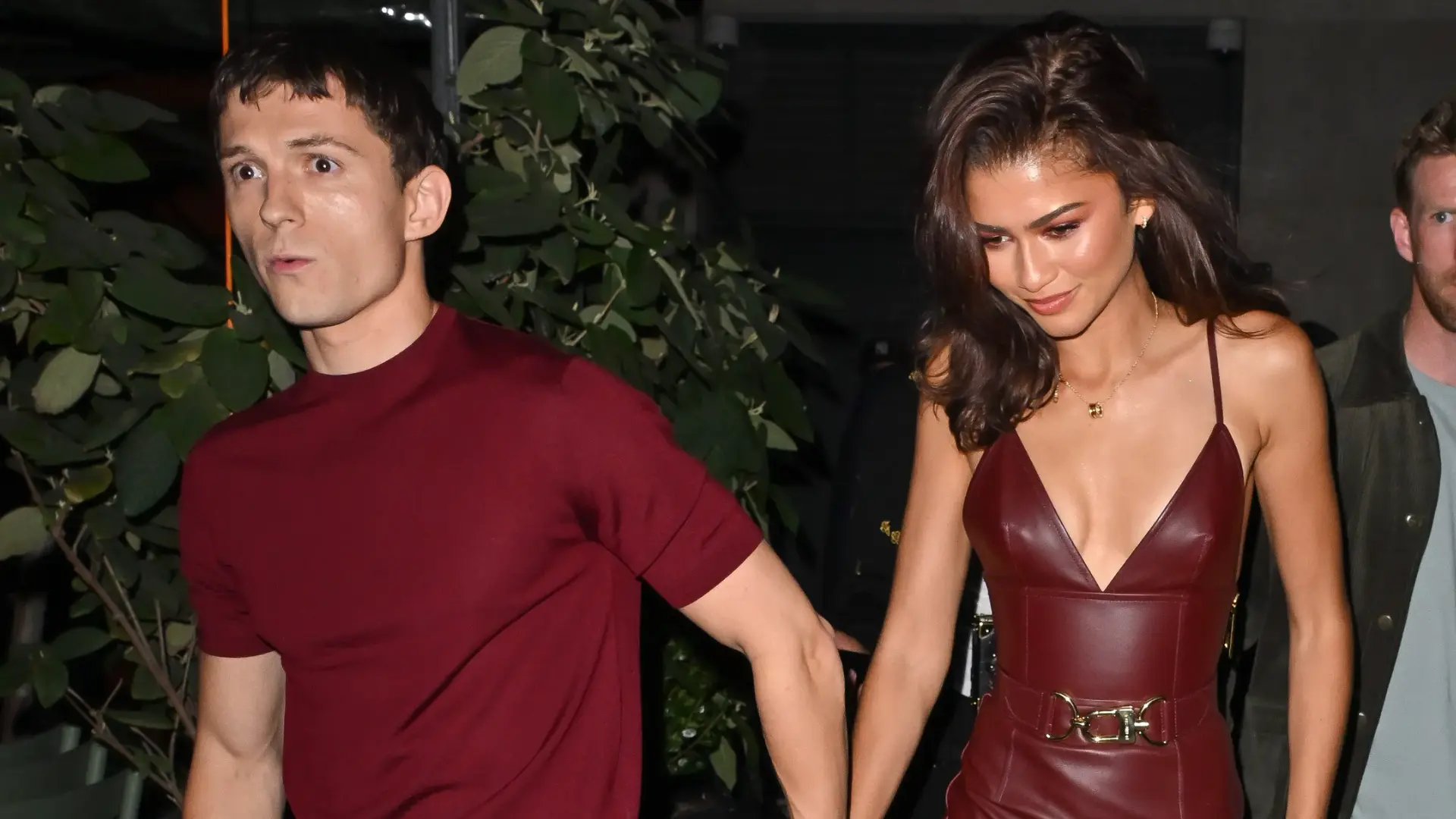Russia has made a groundbreaking advancement in the fight against cancer by developing its own mRNA vaccine. According to TASS, the vaccine will be made available to cancer patients free of charge by early 2025. This initiative comes under the guidance of Andrey Kaprin, General Director of the Radiology Medical Research Center of the Russian Ministry of Health, who shared this development on Radio Rossiya.
The vaccine has been developed in collaboration with several research centers and is based on the mRNA technology, which is also used in COVID-19 vaccines. Pre-clinical trials have shown that the vaccine effectively suppresses tumor growth and prevents the potential spread of cancer to other parts of the body, also known as metastasis. Alexander Gintsburg, Director of the Gamaleya National Research Center for Epidemiology and Microbiology, confirmed that the vaccine’s pre-clinical results have been promising.
What Is mRNA Technology?
mRNA vaccines work by using messenger RNA to instruct cells in the body to produce a protein resembling one from the cancer cells. This protein then triggers an immune response, which helps the body’s immune system recognize and attack cancer cells displaying similar proteins. Unlike COVID-19 vaccines, which target the spike protein of the virus, cancer mRNA vaccines target multiple antigens found on the surface of tumor cells.
The personalized nature of cancer vaccines makes them unique. They are tailored to each patient’s individual cancer, teaching the immune system to specifically target their tumor. Most current mRNA cancer vaccines are developed based on the specific antigens found in a patient’s tumor cells. This type of personalized vaccine can typically take about two months to create.
AI Technology to Speed Up Personalized Cancer Vaccines
Further enhancing the potential of this vaccine, Gintsburg discussed the role of artificial intelligence in expediting the creation of personalized vaccines. The involvement of AI could reduce the time it takes to develop a customized cancer vaccine to just one hour, as opposed to the current process, which can take much longer.
In an interview with TASS, Gintsburg explained that the computing required to create personalized vaccines involves complex mathematical matrix methods. By using AI and neural networks, the process of determining how a vaccine should be tailored for an individual can be completed much more efficiently. AI is being used in collaboration with the Ivannikov Institute to refine the process of vaccine creation.
Russia’s Place in the Global Cancer Vaccine Race
While Russia is making significant strides with its mRNA cancer vaccine, it is not alone in this pursuit. Several companies in the United States and other countries, including Moderna, Merck, BioNTech, and CureVac, are also working on developing mRNA vaccines for cancer treatment. However, Russia’s vaccine will be distinctive in that it will be made available to patients free of charge, with distribution set to begin by early 2025.
This breakthrough in cancer treatment, if successful, could pave the way for a new era in cancer therapy, potentially transforming how cancer is treated globally. With AI technology helping speed up the process and mRNA technology providing a personalized approach to cancer treatment, Russia’s development could be a significant milestone in the fight against this deadly disease.
Russia’s mRNA cancer vaccine represents a monumental step in the fight against cancer. With promising results from pre-clinical trials and the potential to create personalized vaccines using AI, this innovation could change the landscape of cancer treatment. As the vaccine is set to be released to the public by 2025, it holds the potential to save countless lives and inspire further advancements in cancer research worldwide.


















